Festivals in El Salvador, a small Central American nation, boasts a rich cultural heritage that is deeply intertwined with its indigenous roots, Spanish colonial history, and contemporary influences. The festivals and holidays in El Salvador are vibrant expressions of the country’s identity, reflecting a tapestry of traditions, beliefs, and customs. In this exploration, we will delve into some of the most relevant festivals and holidays in El Salvador, examining their historical origins, cultural significance, and the ways in which they contribute to the nation’s collective identity.
1. Independence Day – September 15th
Independence Day in El Salvador is celebrated on September 15th, commemorating the country’s declaration of independence from Spanish rule in 1821. The day is marked by patriotic events, parades, and cultural activities across the nation.
In San Salvador, the capital, and other cities, people gather to witness military parades, flag ceremonies, and traditional dances. Independence Day serves as a unifying event, fostering a sense of national pride and reflecting on the struggles that led to El Salvador’s sovereignty.
2. Dia de los Farolitos – September 7th-15th
Dia de los Farolitos, or Day of the Little Lanterns, is a unique Salvadoran tradition celebrated in the days leading up to Independence Day. It involves the lighting of lanterns and small candles in windows, balconies, and public spaces.
The tradition symbolizes the path to freedom and commemorates the journey of the torchbearer who carried the message of independence across Central America. Dia de los Farolitos creates a warm and luminous atmosphere, with communities coming together to participate in this collective expression of patriotism.
3. Semana Santa – Holy Week (March/April)
Semana Santa, or Holy Week, is a significant religious observance in El Salvador, as in many predominantly Catholic countries. The week leading up to Easter is marked by religious processions, church services, and community events.
In cities and towns across El Salvador, elaborate processions depict the Passion of Christ, and participants engage in acts of penance and devotion. Semana Santa is a time for reflection, prayer, and communal activities, bringing Salvadorans together to observe the religious significance of the season.
4. Dia de los Difuntos – November 2nd
Dia de los Difuntos, or Day of the Dead, is a day dedicated to honoring and remembering deceased loved ones. Celebrated on November 2nd, it is part of the broader Latin American tradition of Dia de los Muertos.
Families visit cemeteries to clean and decorate the graves of their relatives, often bringing flowers, candles, and food offerings. Dia de los Difuntos is a poignant and reflective day that underscores the importance of remembering and celebrating the lives of those who have passed away.
5. Fiesta de las Cruces – May 3rd
Fiesta de las Cruces is a religious and cultural celebration that takes place on May 3rd. The festival is marked by the construction and decoration of large crosses in public spaces, accompanied by processions, music, and dance.
In various towns and cities, communities come together to create intricate and artistic crosses, often adorned with flowers, fabrics, and other decorations. Fiesta de las Cruces reflects the fusion of indigenous and Catholic traditions in El Salvador, highlighting the importance of cultural syncretism.
6. El Salvador del Mundo – August 6th
El Salvador del Mundo, or Savior of the World, is a religious celebration dedicated to the country’s patron saint, the Divine Savior of the World. The festival takes place on August 6th and includes religious processions, church services, and cultural events.
The highlight of the celebration is the procession of the Divine Savior of the World statue through the streets of San Salvador. Thousands of Salvadorans participate in the procession, expressing their devotion and faith in the patron saint.
7. Dia del Agricultor – May 1st
Dia del Agricultor, or Farmer’s Day, is celebrated on May 1st to honor the contributions of farmers to the nation’s economy and food security. The day is marked by agricultural fairs, community events, and activities that showcase traditional farming practices.
Dia del Agricultor underscores the importance of agriculture in El Salvador’s history and culture. It provides an opportunity to recognize the hard work and dedication of farmers who play a crucial role in sustaining the nation.
8. Carnaval de San Miguel – November
The Carnaval de San Miguel is one of the largest and most colorful carnivals in El Salvador, taking place in the city of San Miguel in November. The carnival features vibrant parades, traditional dances, and elaborate costumes.
Local and international participants join the festivities, creating a lively and energetic atmosphere. Carnaval de San Miguel is a celebration of creativity, cultural diversity, and the joyous spirit of the Salvadoran people.
9. Festival de las Cometas – November 1st-2nd
The Festival de las Cometas, or Kite Festival, is celebrated on November 1st and 2nd in various parts of El Salvador. The festival coincides with Dia de los Difuntos and involves the creation and flying of colorful kites.
Families and communities gather in open spaces to fly kites of different shapes and sizes. The kites often carry messages or artwork, and the festival symbolizes a connection with departed loved ones. Festival de las Cometas is a unique and visually stunning celebration that combines art, tradition, and spirituality.
10. Dia del Nino – October 1st
Dia del Nino, or Children’s Day, is celebrated on October 1st in El Salvador. The day is dedicated to honoring and celebrating children, recognizing their importance in society and emphasizing the need for their well-being and development.
Schools, communities, and families organize special events, activities, and gifts for children on Dia del Nino. The celebration highlights the value placed on the younger generation and their role in shaping the future of El Salvador.
Conclusion
El Salvador’s festivals and holidays offer a fascinating glimpse into the country’s cultural diversity, historical roots, and contemporary expressions of identity. From the patriotic fervor of Independence Day to the colorful celebrations of Carnaval de San Miguel, each event contributes to the vibrant tapestry of Salvadoran culture.
These celebrations are not just occasions for revelry; they are expressions of El Salvador’s resilience, creativity, and commitment to preserving its unique identity. Whether through religious processions, traditional dances, or cultural exhibitions, Salvadorans come together to celebrate their history, culture, and shared values.
Moreover, these festivals serve as a bridge between El Salvador’s past and present, fostering cultural continuity and dialogue. Events like Dia de los Farolitos and Festival de las Cometas highlight the importance of cultural traditions and the ways in which they shape the collective identity of the nation.
As El Salvador continues to evolve, these festivals will undoubtedly remain integral to the fabric of the country. They provide a space for both Salvadorans and visitors to engage with the cultural richness of the country, experiencing the traditions, stories, and collective spirit that define this captivating Central American nation.


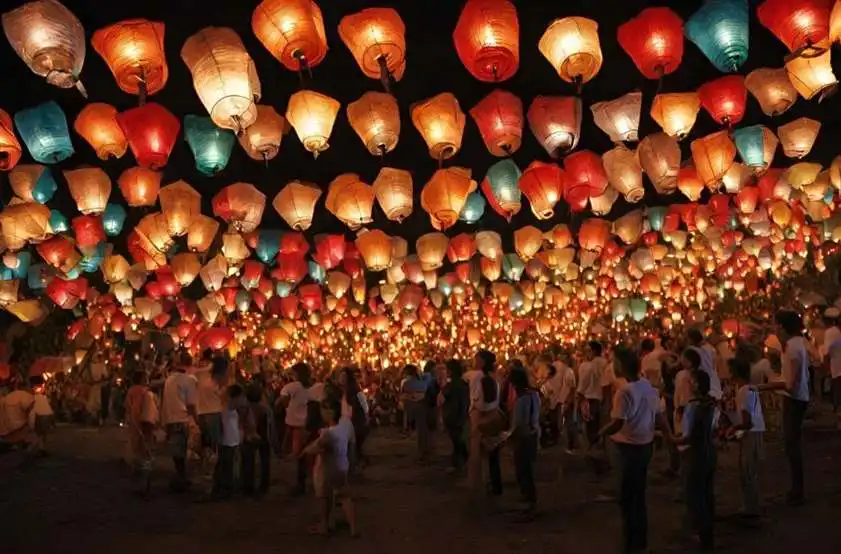
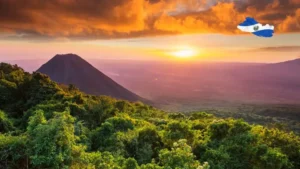
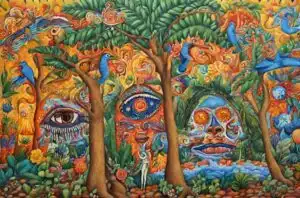
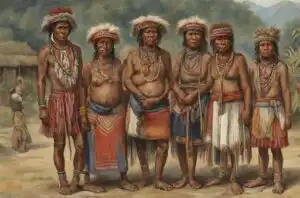
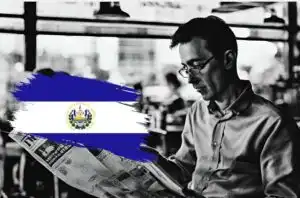
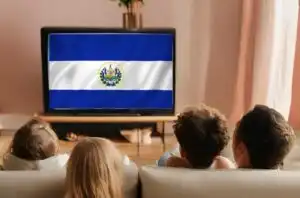
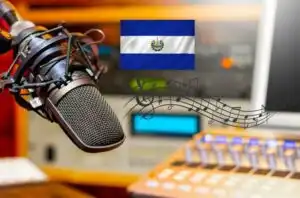
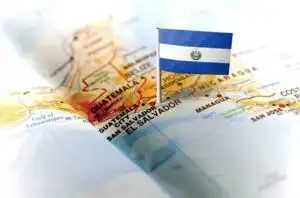
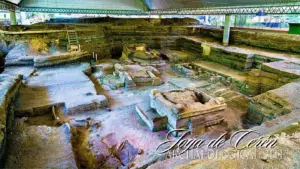
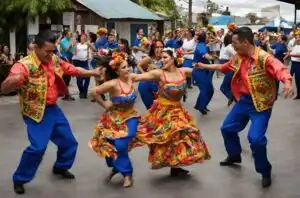
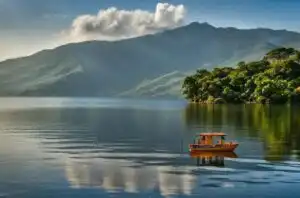
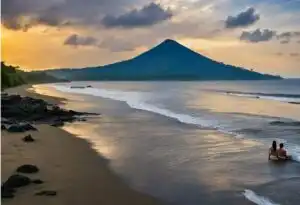
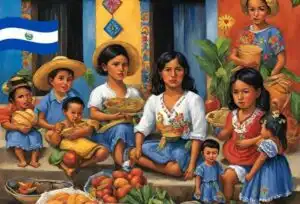
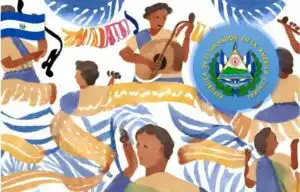
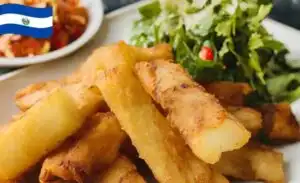
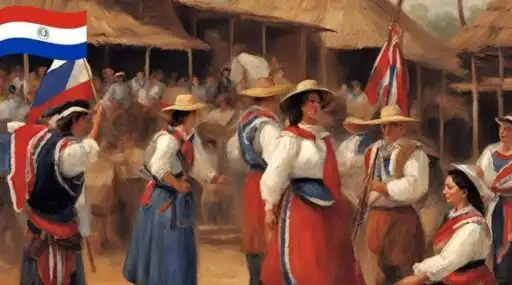

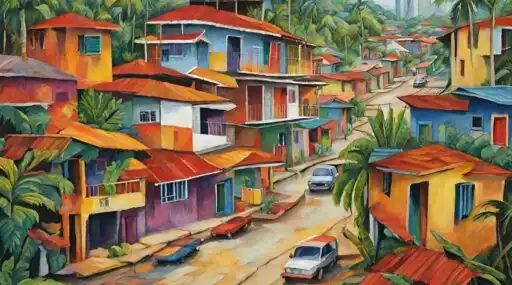
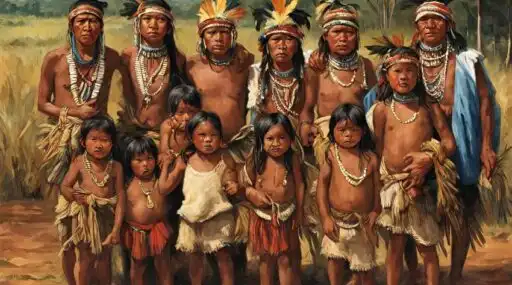
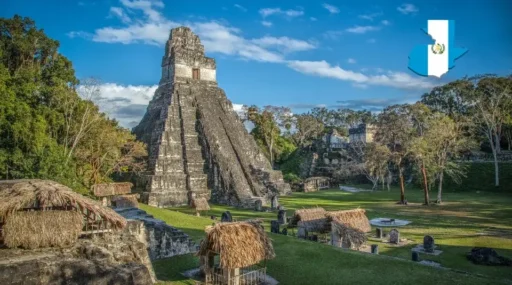
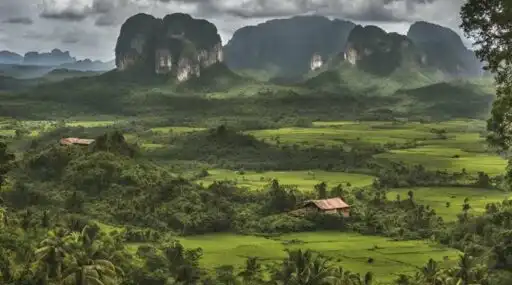
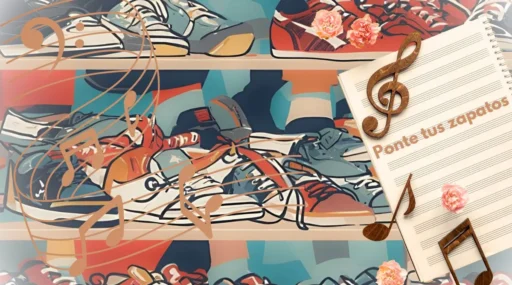
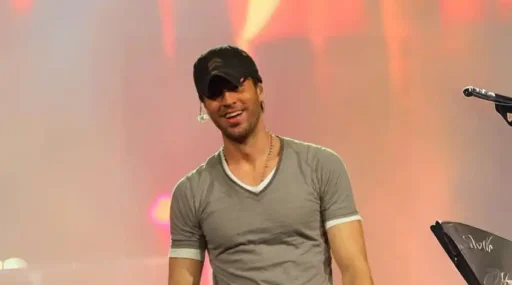
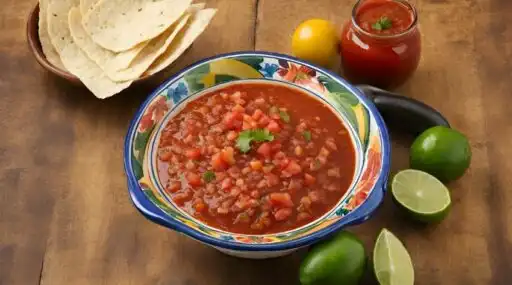
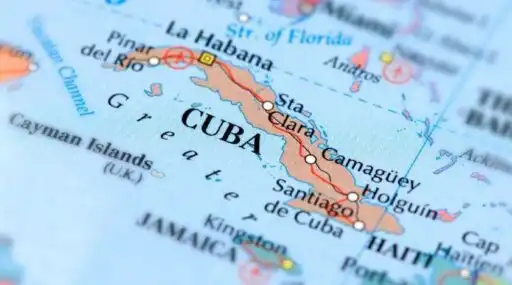
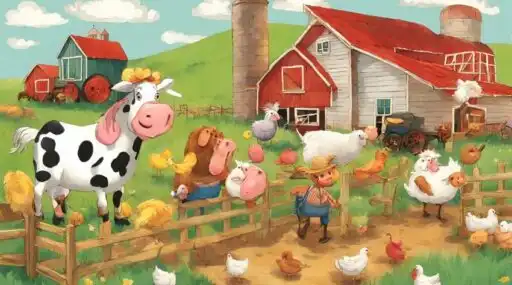
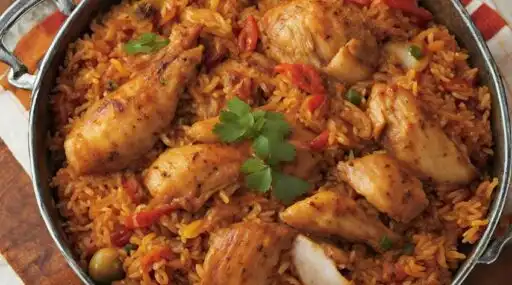
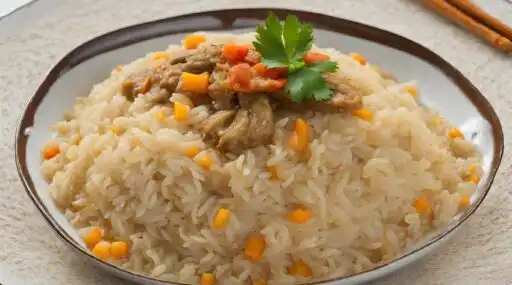
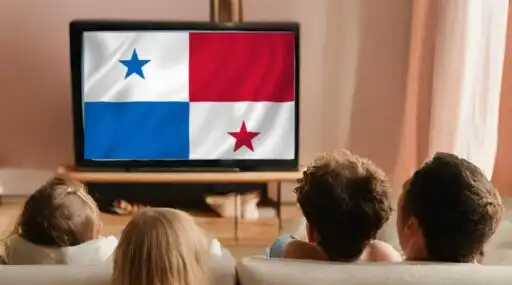

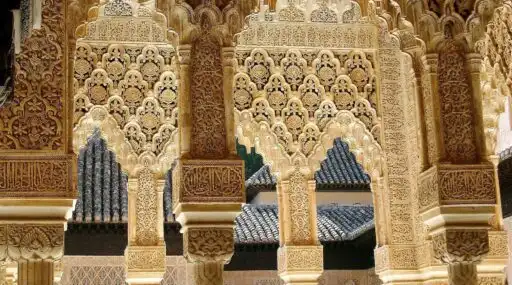
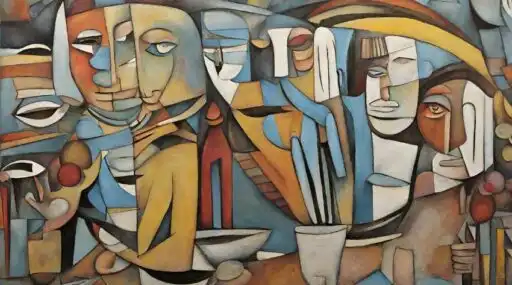
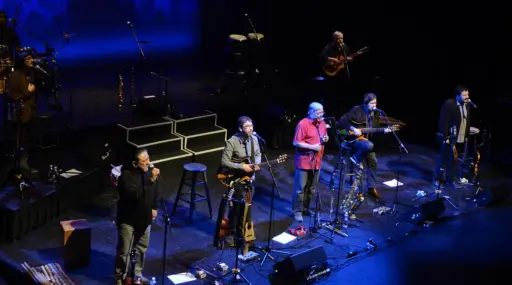


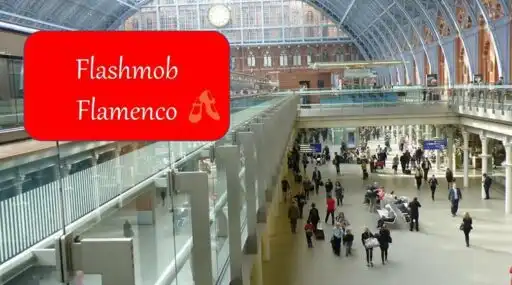



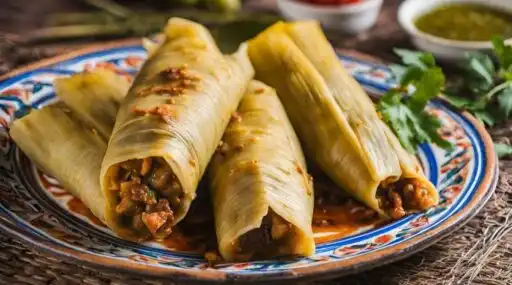
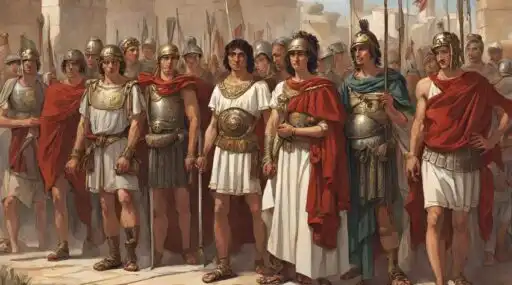
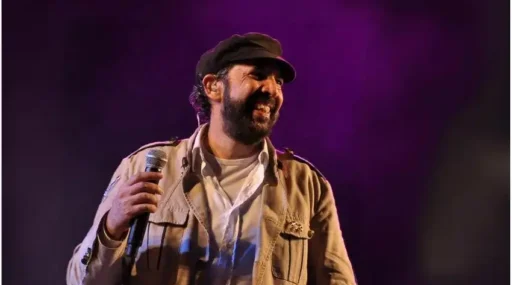


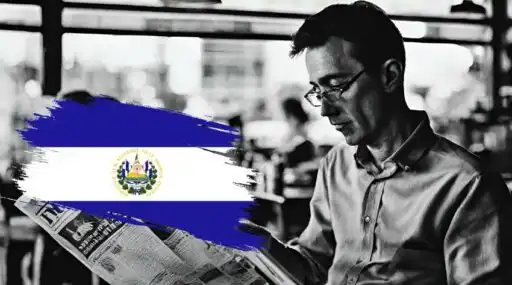
Leave a Reply